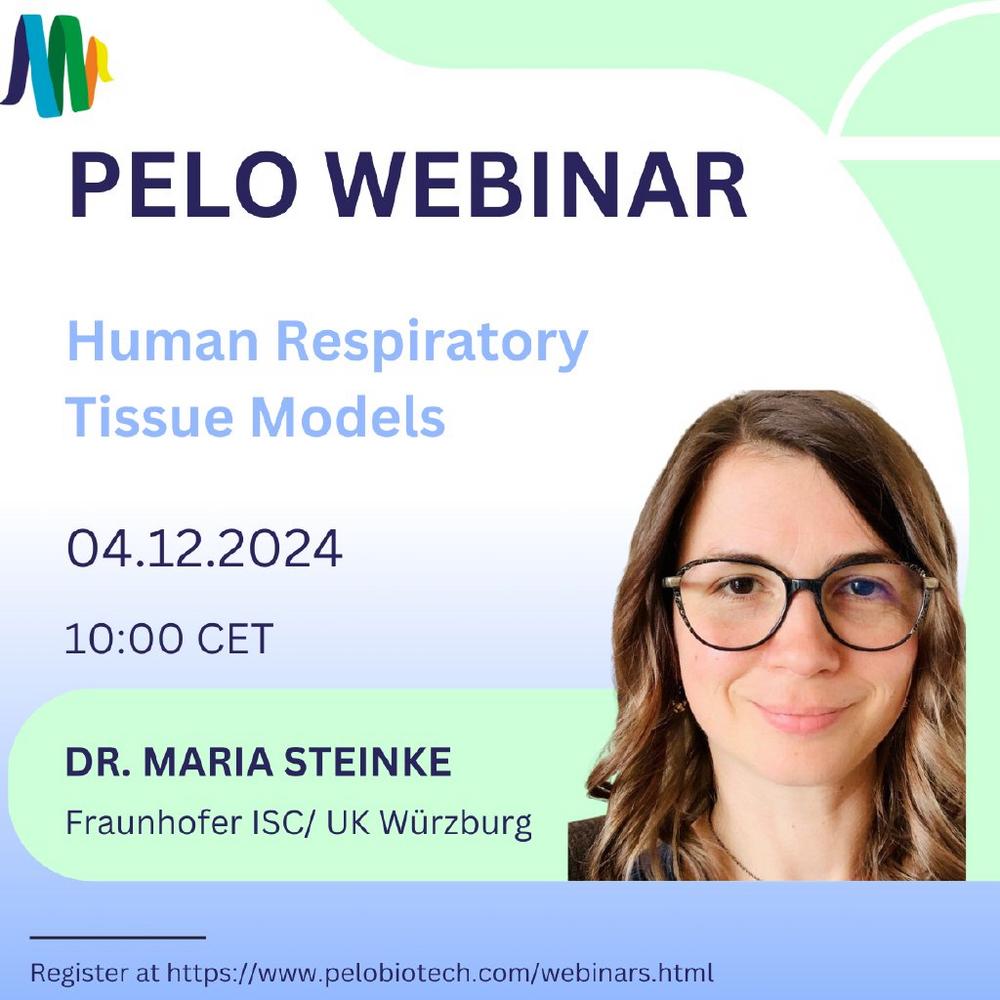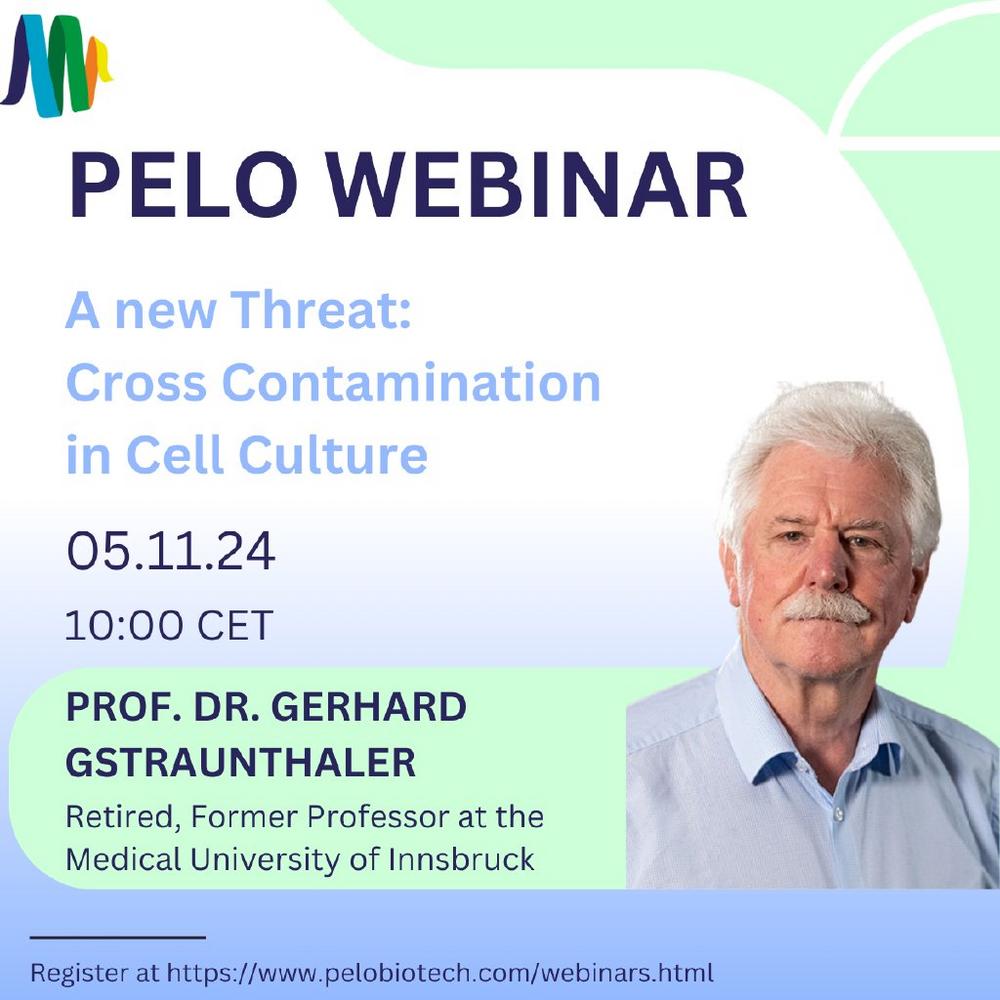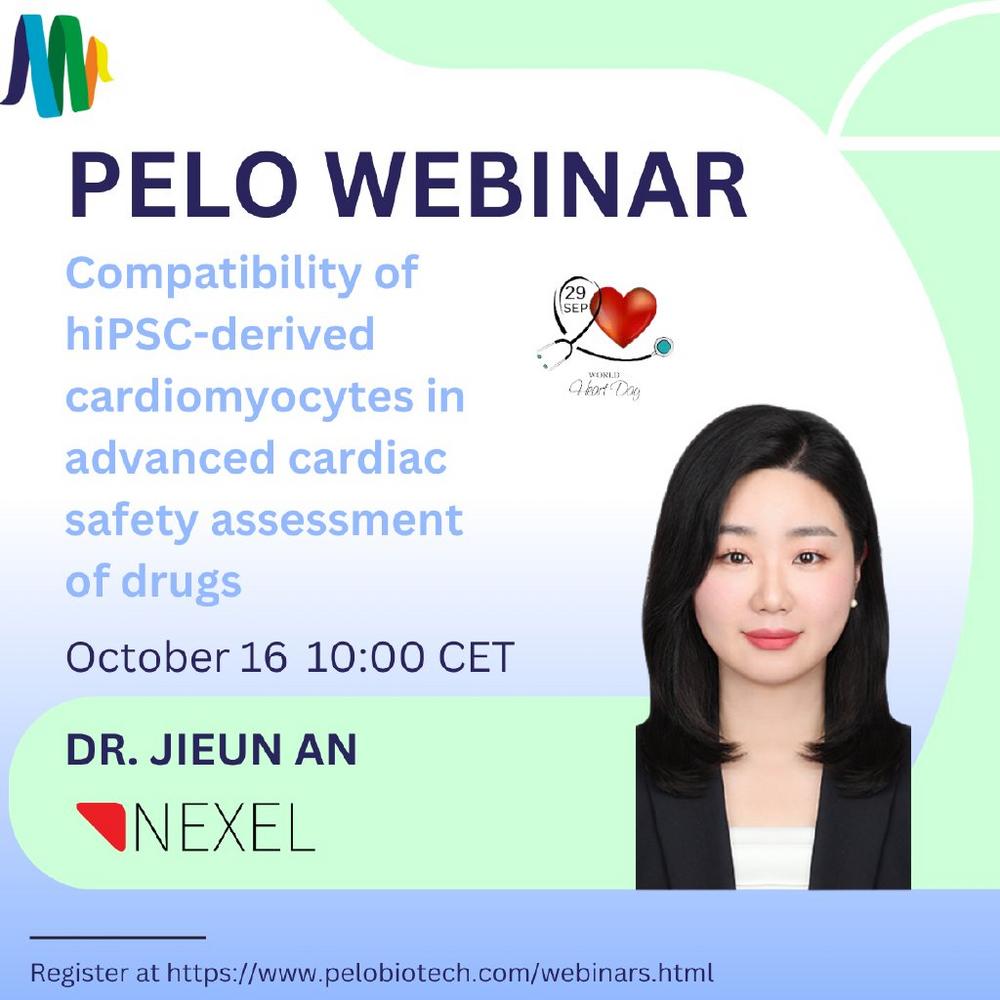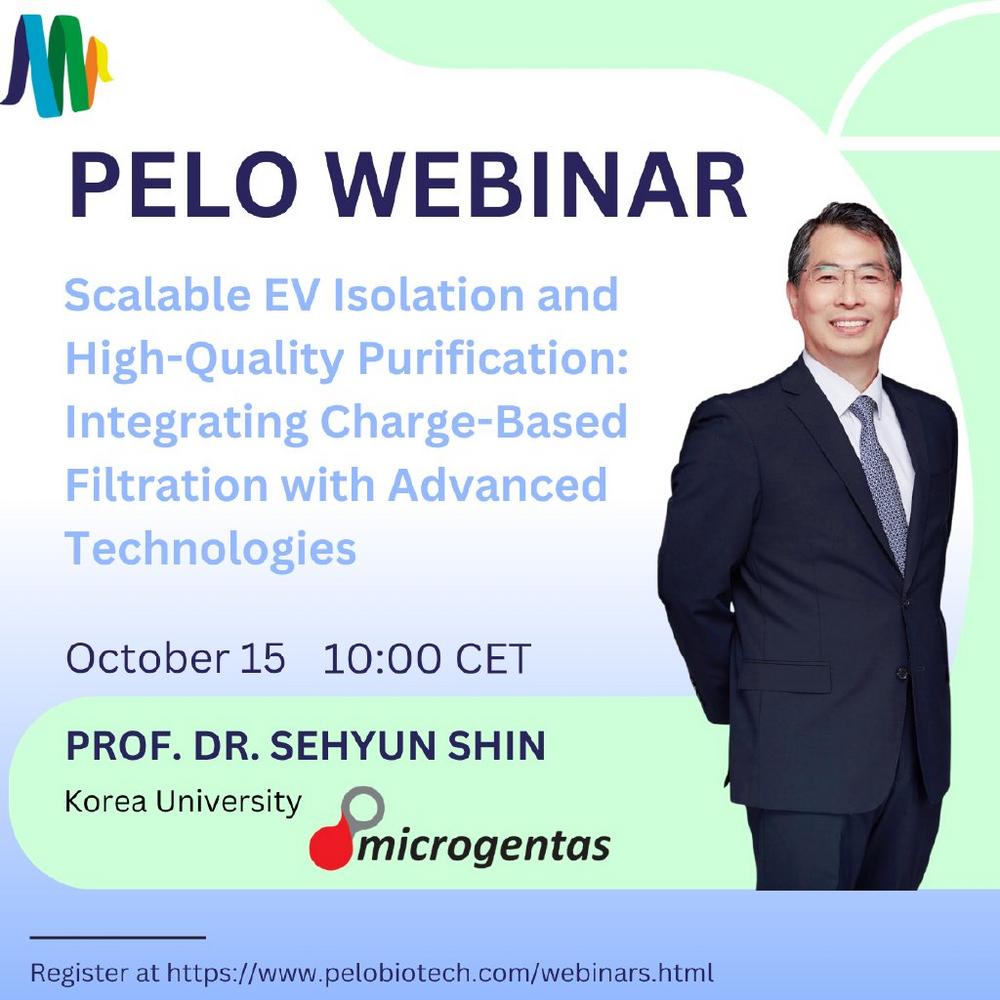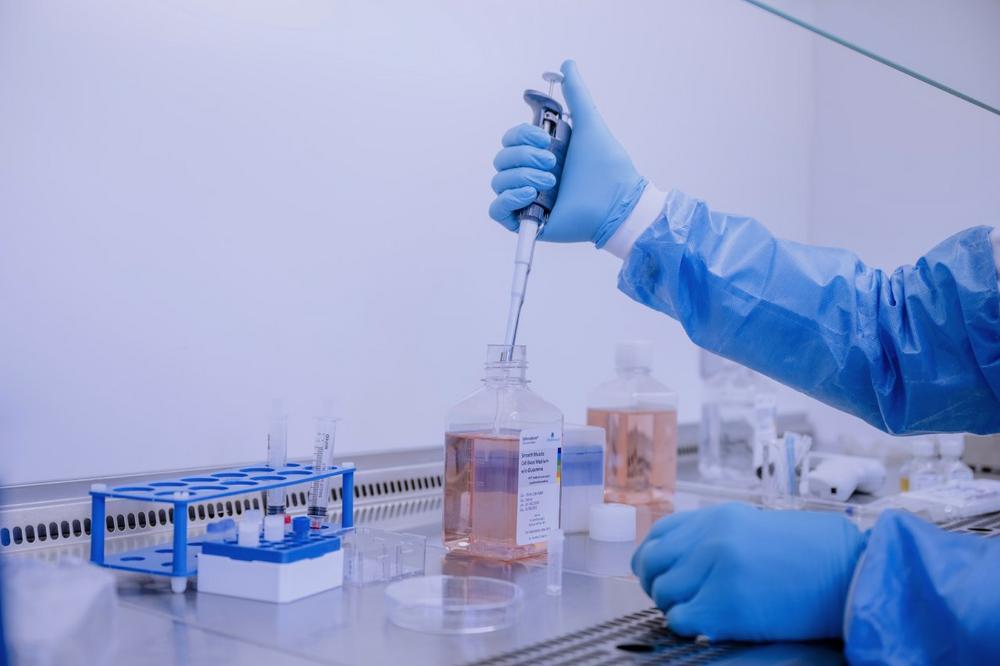presented by Dr. rer. nat. Maria Steinke, UK Würzburg, Klinik und Poliklinik für HNO-Krankheiten, plastische und ästhetische Operationen und Fraunhofer-Institut für Silicatforschung ISC, Translationszentrum für Regenerative Therapien, Würzburg Nasal xenobiotic metabolizing enzymes (XMEs) are important for the sense of smell. They protect the nasal tissue from potentially harmful volatile compounds and can influence odorant availability […]
Autor: Firma PELOBIOTECH
presented by Prof. Dr. Gerhard Gstraunthaler, emer. Medizinische Universität Innsbruck Instances of cross-contamination of cell lines are more widespread than generally appreciated. Despite periodic reminders from concerned cell culturists, the problem continues and even seems to be neglected by the scientific community. While, in the past, due to the widespread use of animal cell lines,
PELOAcademy | A new threat: Cross Contamination in Cell Culture (Webinar | Online)Read More »
presented by Dr. Jieun An, Nexel Co., Ltd., Republic of Korea Cardiac toxicity is a major cause of compound attrition during drug development as well as for the withdrawal of drugs already on the market. Although ICH S7B guideline has successfully reduced hERG-related risk issues, concerns remain regarding the accuracy of the assay, as hERG
presented by Prof. Dr. Sehyun Shin, Korea University & CEO, Microgentas Inc., Seoul, Korea This webinar will showcase Microgentas‘ innovative approaches for scalable EV isolation and high-quality purification, focusing on the integration of charge-based filtration (ExoFilter) with other technologies like TFF and LipoFilter. Attendees will learn how ExoFilter, combined with Tangential Flow Filtration (ExoTFF), and
presented by Dr. Kurt Pfannkuche, Universität zu Köln Induced pluripotent stem cells (iPSCs) can be differentiated into heart muscle cells in vitro and open up new possibilities for the development of therapies for myocardial infarction. However, the transplantation of pure cardiac muscle cells from iPSCs has the disadvantage that only a small proportion of the
Our conference „Advancements in Animal-Free Research and Translational Medicine“ will promote novel non-animal approaches that are essential for progress in translational medical research. The focus will be on the development and validation of serum substitutes, paving the way for ethical and scientifically sound alternatives. After an overview of the principles of cell culture and stem

